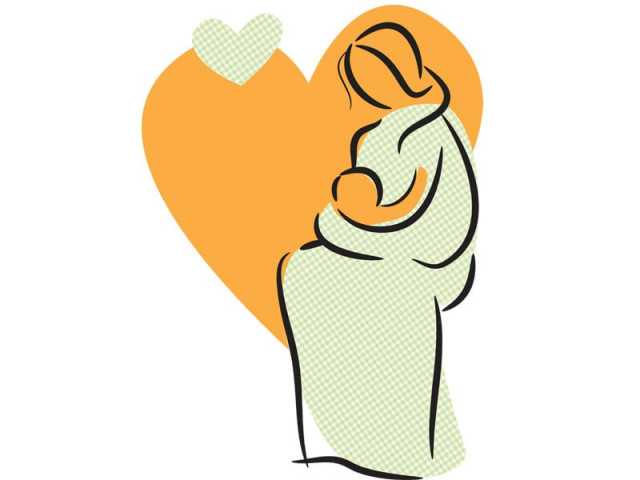Reducing child mortality: Exclusive breastfeeding the most cost-effective intervention
Speakers urge govts to encourage habit

This was said by Health Services Academy (HSA) Executive Director and Dean Dr Asad Hafeez during a workshop organised by the HSA in collaboration with Save the Children Pakistan to mark the 25th anniversary of the UN Convention for the Rights of the Child (UNCRC) and the International Day for Prevention of Child Abuse.
Dr Asad said that exclusive breastfeeding and adequate complementary feeding were key interventions for improving children’s survival.
HSA Registrar Dr Saima Hameed said that since the Pakistan demographic health survey five years ago, breastfeeding rose slightly, going from 37.1 per cent in 2006-07 to 37.7 per cent in 2012-13, while bottle-feeding rose from 32.1 per cent to 41 per cent in the same period.
Although Pakistan voted for the International Code of Marketing Breast-milk Substitutes in 1981, followed by a national law adopted in 2002, after the 18th Amendment, responsibility to invest in the subject shifted to the provinces, she said.
MNCH specialist Dr Asma Badar presented the overall situation of breastfeeding and the reasons for poor exclusive breastfeeding rates, which are the lowest in South Asia. HSA assistant Prof Dr Shahzad Ali Khan presented the findings of Save the Children’s report on breastfeeding and violations of the code in Pakistan by milk substitute producers.
Published in The Express Tribune, November 20th, 2014.





1724319076-0/Untitled-design-(5)1724319076-0-208x130.webp)













COMMENTS
Comments are moderated and generally will be posted if they are on-topic and not abusive.
For more information, please see our Comments FAQ